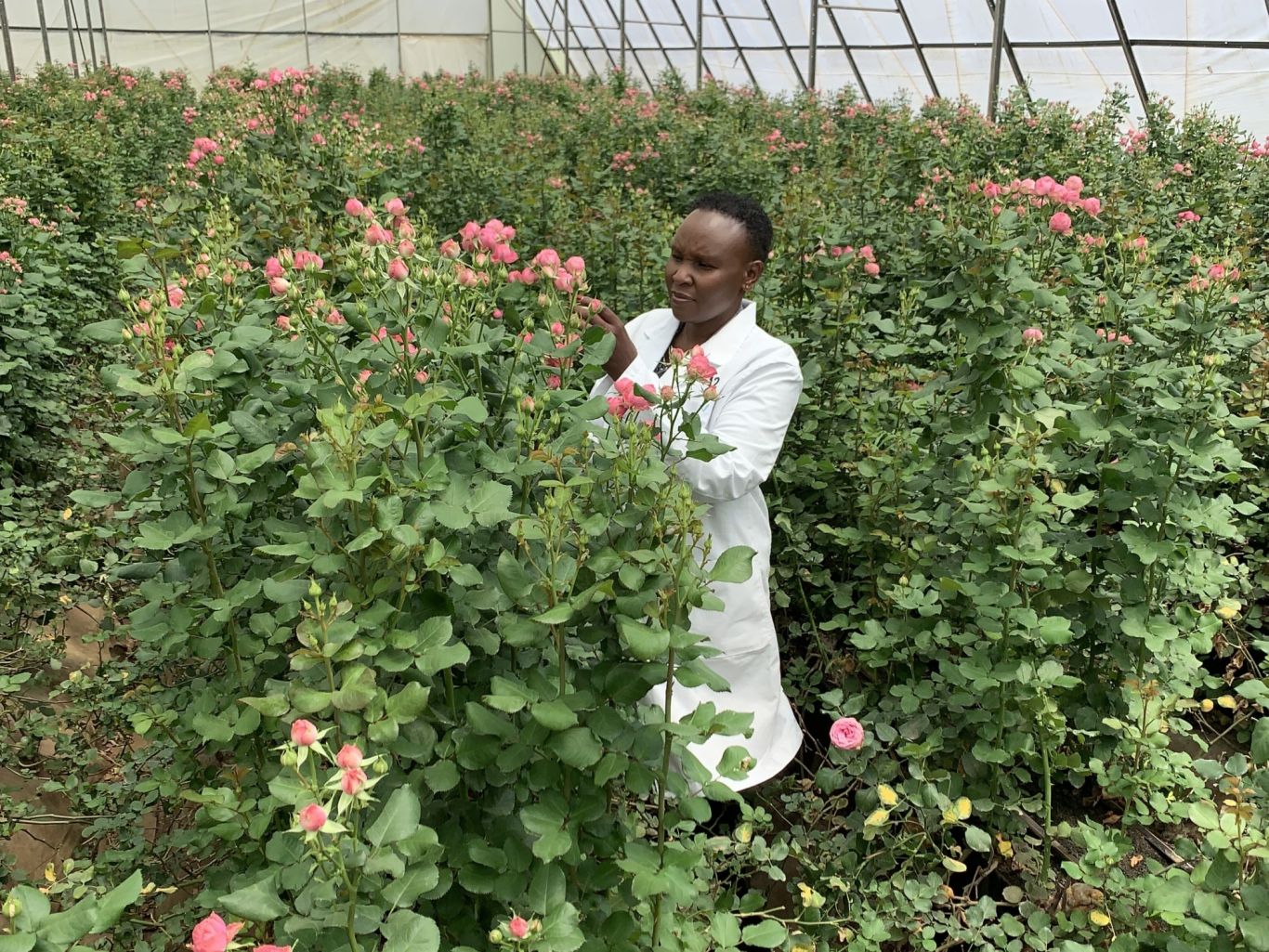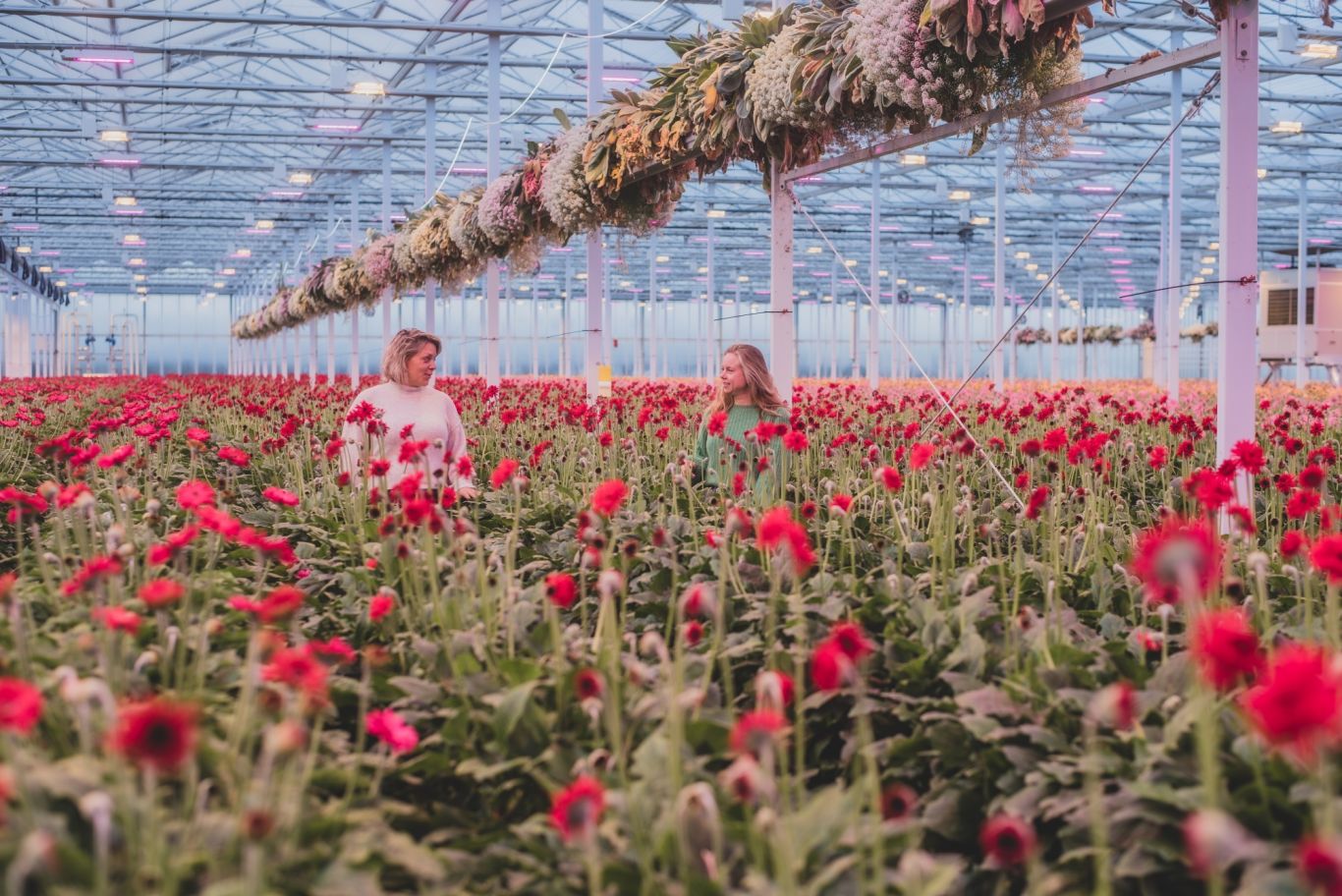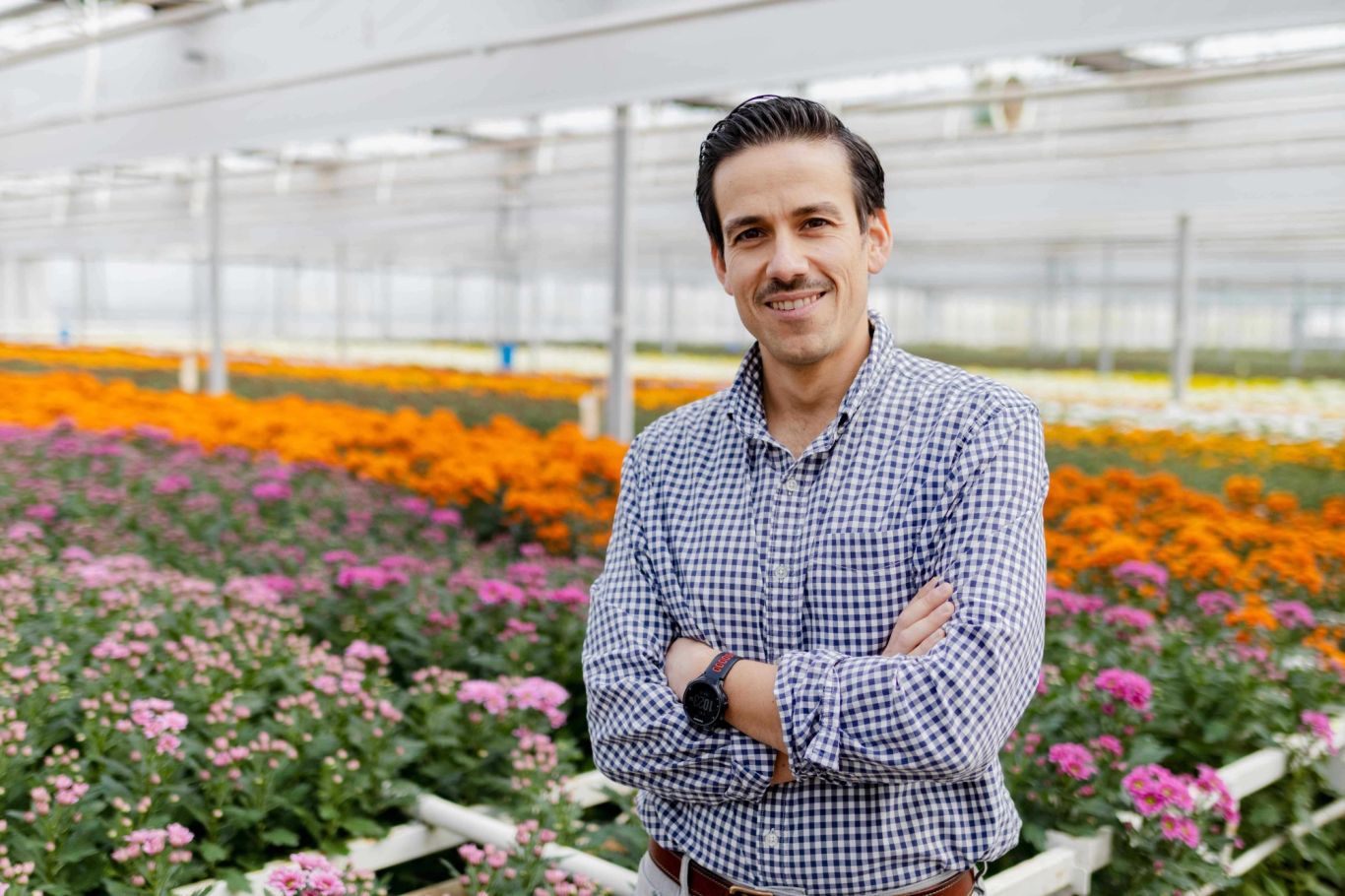“We as a Kenya grower meet EU standards with precision and care”
August 27, 2025

How do growers deal with crop protection? What rules, obstacles, or prejudices do they encounter? In this series, we give growers the opportunity to share their experiences. Nancy Kurgat from Sian Flowers in Kenya produces roses and summer flowers, among other things. Sian Flowers sells its products worldwide.
In the highlands of Kenya, Nancy Kurgat, General Manager of Sian Flowers, walks between rows of roses and summer flowers destined for markets across Europe, Australia, and beyond. “Our flowers are produced safely and responsibly. We follow good agricultural practices that protect the environment, our workers, and the people who enjoy our flowers. Crop protection products aren’t ‘poison’ when used correctly—they’re carefully regulated, applied in precise doses, and are essential for healthy plants”.
“Growing for export isn’t simple. Kenyan farms must meet an intricate web of requirements: national laws, Kenya Flower Council codes, global certifications like GLOBALG.A.P.,Fairtrade, MPS SQ and strict international regulations—especially from the EU, which sets the highest bar”. Every day, KEPHIS inspectors at Nairobi airport check 25% of all shipments before they fly out. “The systems approach for controlling pests like False Codling Moth has brought us far,” Nancy notes, “but for farms with a track record of compliance, reducing inspections to 5–10% would make exports more efficient without lowering standards.”
Beyond official rules, buyers—particularly in the EU—sometimes require growers to avoid specific active ingredients, even if they are permitted in Kenya. Roses, for example, often have a longer list of restricted substances.
Like many in the industry, Sian Flowers is embracing Integrated Pest Management (IPM), using targeted treatments only when needed, supported by biological controls where possible. “We want to lower residues, protect the environment, and still deliver top quality,”. But it’s not without challenges: alternative products can be costly or less effective, and pest pressure in tropical climates remains high. Balancing quality and sustainability is an ongoing task.
The reality is clear: resources, infrastructure, and regulatory capacity may differ between Africa and Europe, but we growers like Sian Flowers are proving that commitment to high standards transcends geography. With collaboration, trust, and Fairtrade practices, Nancy believes, “We can keep narrowing the gap—delivering world-class flowers from African fields to every corner of the globe.”
More information on this subject can be found here.
-
Did you find this interesting?
Then share this article


